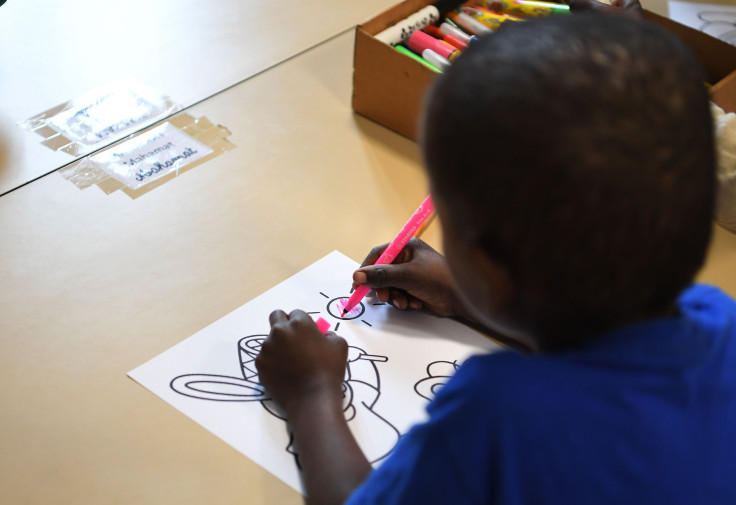iPhones And Other Touch-Screen Devices Deteriorating Children's Writing Skills, Experts Say

Children who frequently used touch-screen devices may be hindering their ability to write well, according to experts.
A study released Monday by the National Handwriting Association (NHA), a handwriting institute based in England, revealed that children were overusing smart devices and as a result, losing out on building the motor skills needed to use a pen or pencil correctly.
The time spent using touch-screens were essentially causing damage and slowing muscle growth in fingers, experts said.
Sally Payne, the head pediatric occupational therapist at the Heart of England Foundation NHS Trust said that children were coming to school with difficulties holding a pen or pencil.
"Children are not coming into school with the hand strength and dexterity they had 10 years ago," Payne said, according to the Guardian. "[They] are being given a pencil but are increasingly not be able to hold it because they don’t have the fundamental movement skills."
She added: "To be able to grip a pencil and move it, you need strong control of the fine muscles in your fingers. Children need lots of opportunity to develop those skills."
Payne said that parents often enabled children to spend more time on a tech device because it kept them occupied longer than other activities.
"It’s easier to give a child an iPad than encouraging them to do muscle-building play such as building blocks, cutting and sticking, or pulling toys and ropes. Because of this, they’re not developing the underlying foundation skills they need to grip and hold a pencil," she said.
Child psychotherapist Barbie Clarke suggested that most educators in schools she visited used technology to amplify the learning experience.
"We go into a lot of schools and have never gone into one, even one which has embraced teaching through technology, which isn’t using pens alongside the tablets and iPads," she said. "Even the nurseries we go into which use technology recognize it should not all be about that."
The NHA aims to push the importance of handwriting as a staple of literacy and support those who work with children and adults with writing disabilities, according to its website.
© Copyright IBTimes 2025. All rights reserved.





















